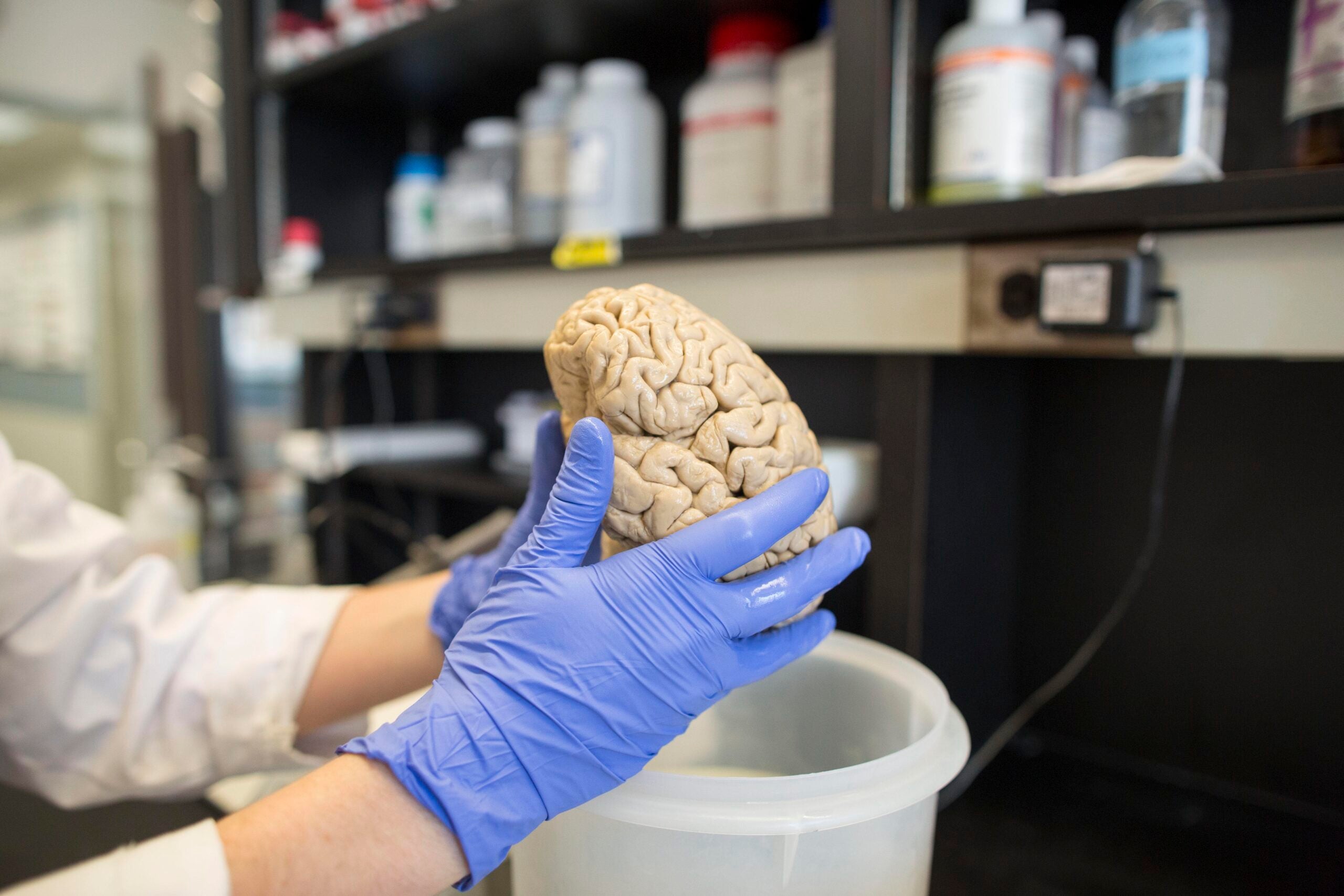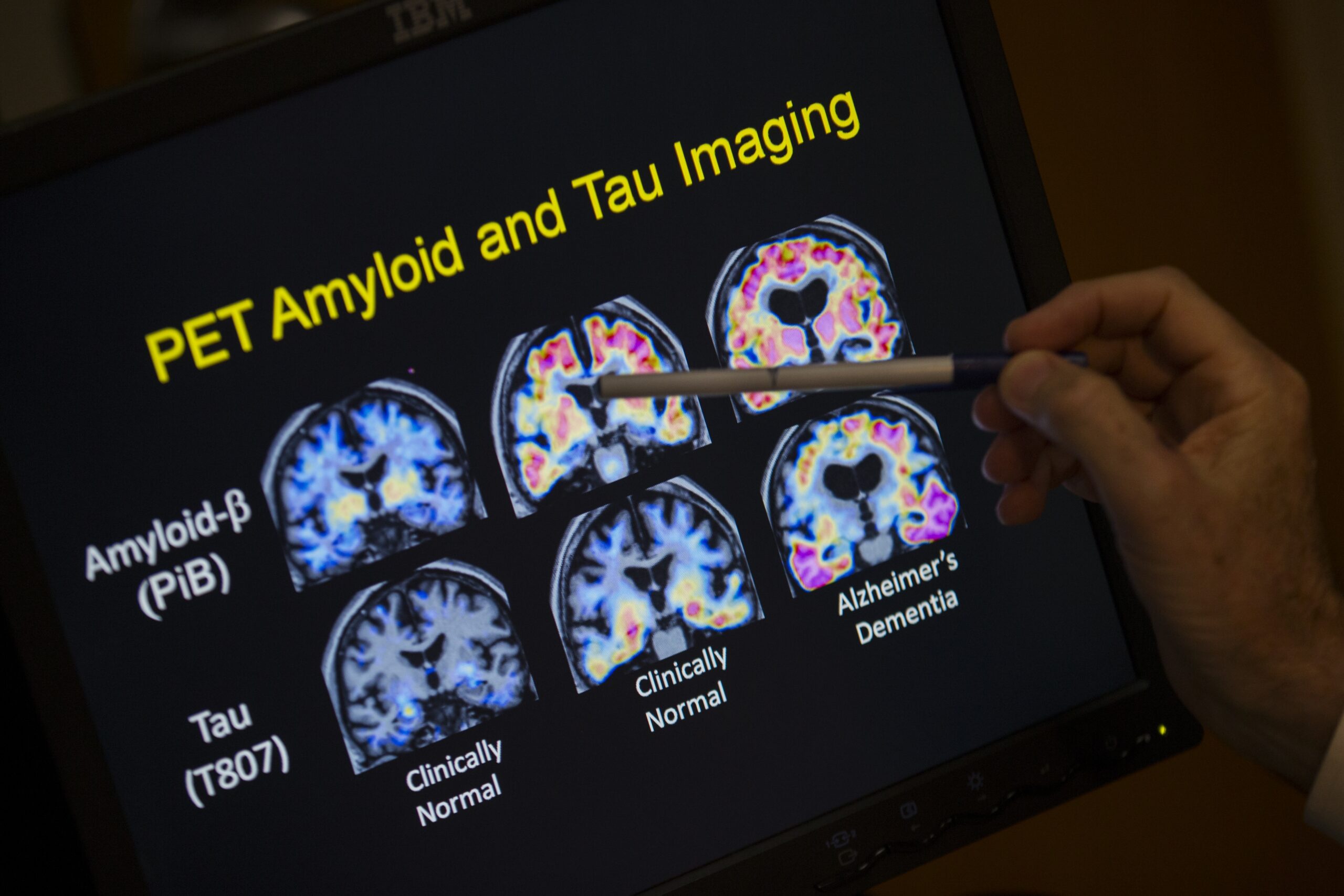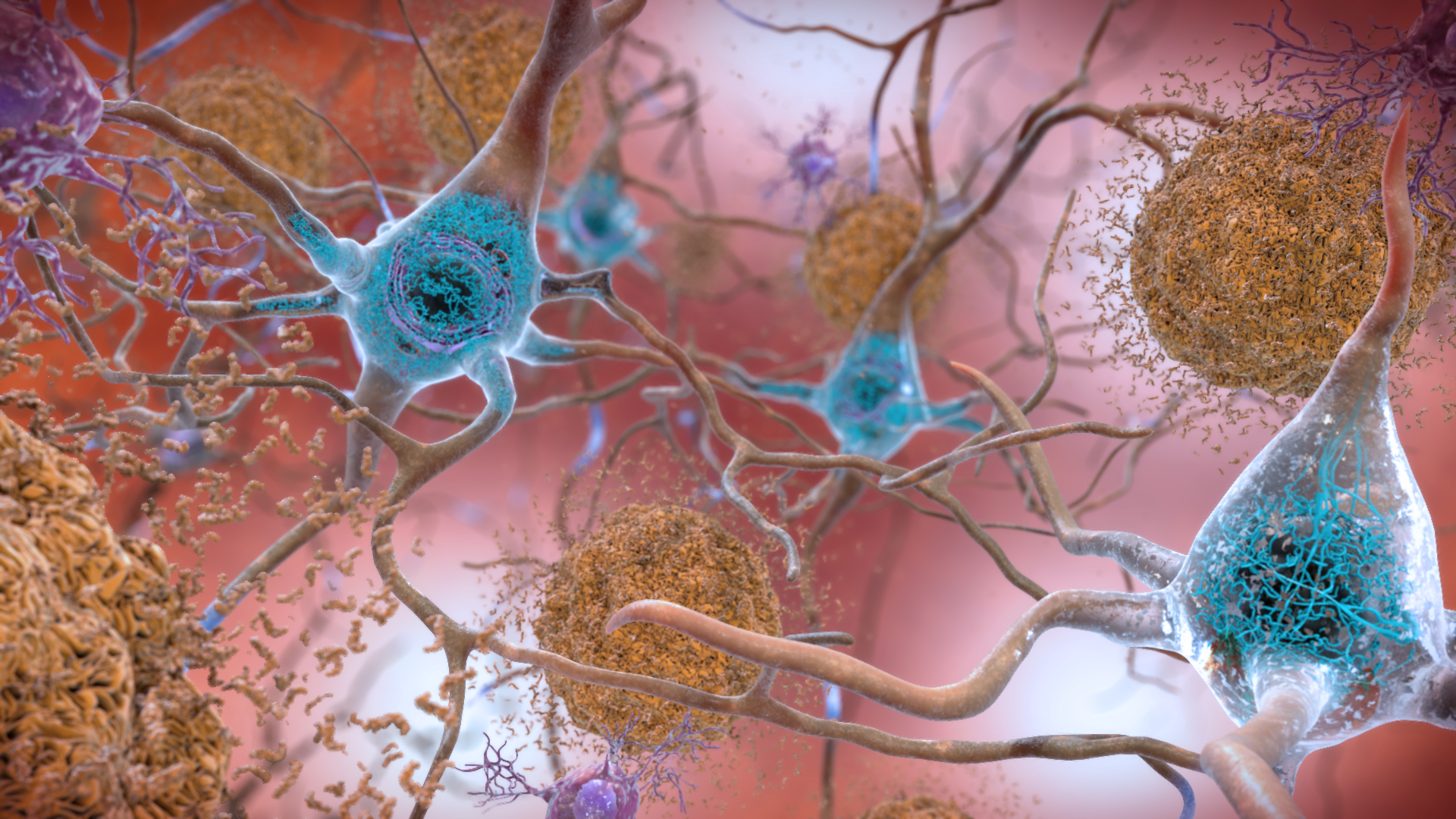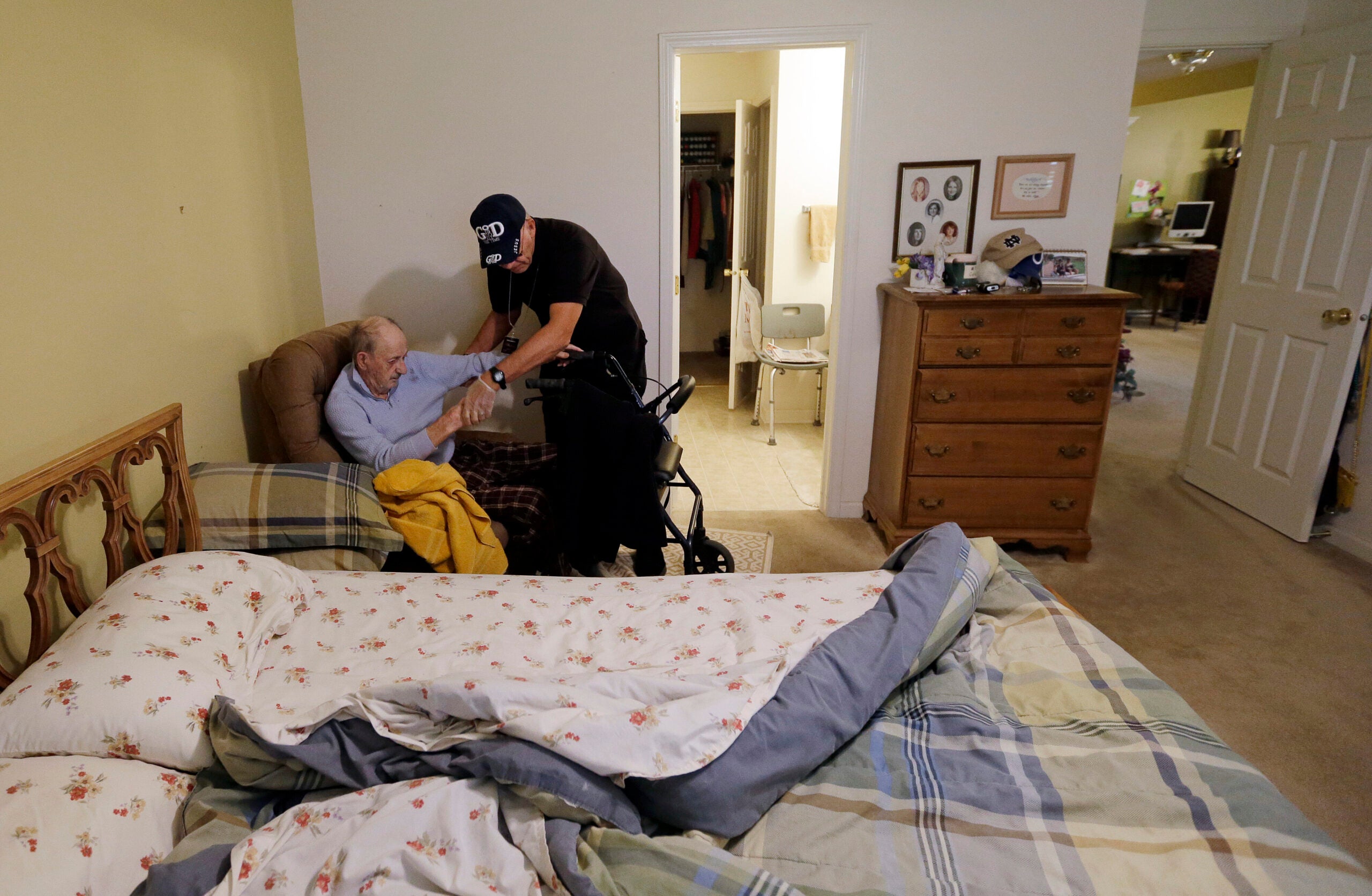When the diagnosis of Alzheimer’s disease is given, one of our strongest emotions is fear – fear of many thing, but fear of losing the love you share with that person is one of the worst. Our guest helped write a new book that deals with how to keep that love alive – even if it’s seems like it is one-sided.
Featured in this Show
-
Maintaining A Loving Relationship Can Ease The Journey Through Alzheimer’s
Alzheimer’s disease doesn’t just affect the person with the diagnosis, it affects the entire family. And learning how to connect on an emotional level will benefit not only the loved one with Alzheimer’s, but the caregiver as well, a physician and mental health counselor says.
Dr. Edward Shaw is the co-author of “Keeping Love Alive as Memories Fade: The 5 Love Languages and the Alzheimer’s Journey,” a book written for caregivers as a tool to help manage the stresses of caring for someone with Alzheimer’s disease.
Maintaining a happy, loving relationship between loved ones falls more and more on the caregiver as the disease progresses, Shaw said.
“It’s probably the hardest thing I have to tell caregivers when I’m giving counseling,” he said. “There’s not only the physical care but the emotional care, (and) you’re going to carry that aspect of the relationship as well.”
The emotional care aspect is what sparked the idea that the 5 Love Languages concept could be applied to Alzheimer’s,
The book “The 5 Love Languages: The Secret to Love that Lasts,” and the concept was created by Gary Chapman, one of the three co-authors of “Keeping Love Alive as Memories Fade: The 5 Love Languages and the Alzheimer’s Journey.”
Through the concept, Chapman suggests individuals perceive emotional love in very different ways and that there are essentially five different channels of communication. Although initially meant for romantic love, these channels can be used in other areas of life as well.
“(I thought that) maybe the 5 Love Languages would help make it easier for a spouse or an adult child to be able to express love to their husband or wife or parent,” Shaw said.
Shaw uses these communication techniques to help caregivers and patients express their love for one another. How it is expressed depends on the severity of the person’s Alzheimer’s.
The human need for love doesn’t disappear with the diagnosis and the ability to receive emotional love lasts far longer than the ability to express it, he said.
Chapman’s 5 Love Languages are:
- Words of Affirmation – Unsolicited compliments or words of appreciation that verbal or written. Examples include, “I love you,” “You did an amazing job,” and “You look great in that dress.” Saying nice things about a person to others counts too.
- Quality Time – Giving someone your full, undivided attention, particularly by listening.
- Gifts – Visible symbols of love. The intangible gift of your time can be especially precious in times of crisis, illness or celebration.
- Acts of Service – Lightening someone else’s load. Examples include setting the table, walking the dog, washing dishes, vacuuming or grocery shopping.
- Physical Touch – A back rub, a hug, a high-five or a kiss, require your full attention to deliver. Incidental touches, like sitting close to a person on the couch, can also convey love with little investment of time or effort.
Shaw said it can be a very rewarding experience when you’re able to reach your loved one through one or more of the 5 Love Languages and you see their response – which may be a smile or them reaching over and touching you, or saying “I love you” for the first time in months.
“Even though you realize things have changed so dramatically, you can have a certain level of emotional intimacy with somebody that has Alzheimer’s disease and they’re able, in their own way, to participate in the relationship,” Shaw said.
Episode Credits
- Larry Meiller Host
- Jill Nadeau Producer
- Dr. Edward G. Shaw Guest
Wisconsin Public Radio, © Copyright 2024, Board of Regents of the University of Wisconsin System and Wisconsin Educational Communications Board.






